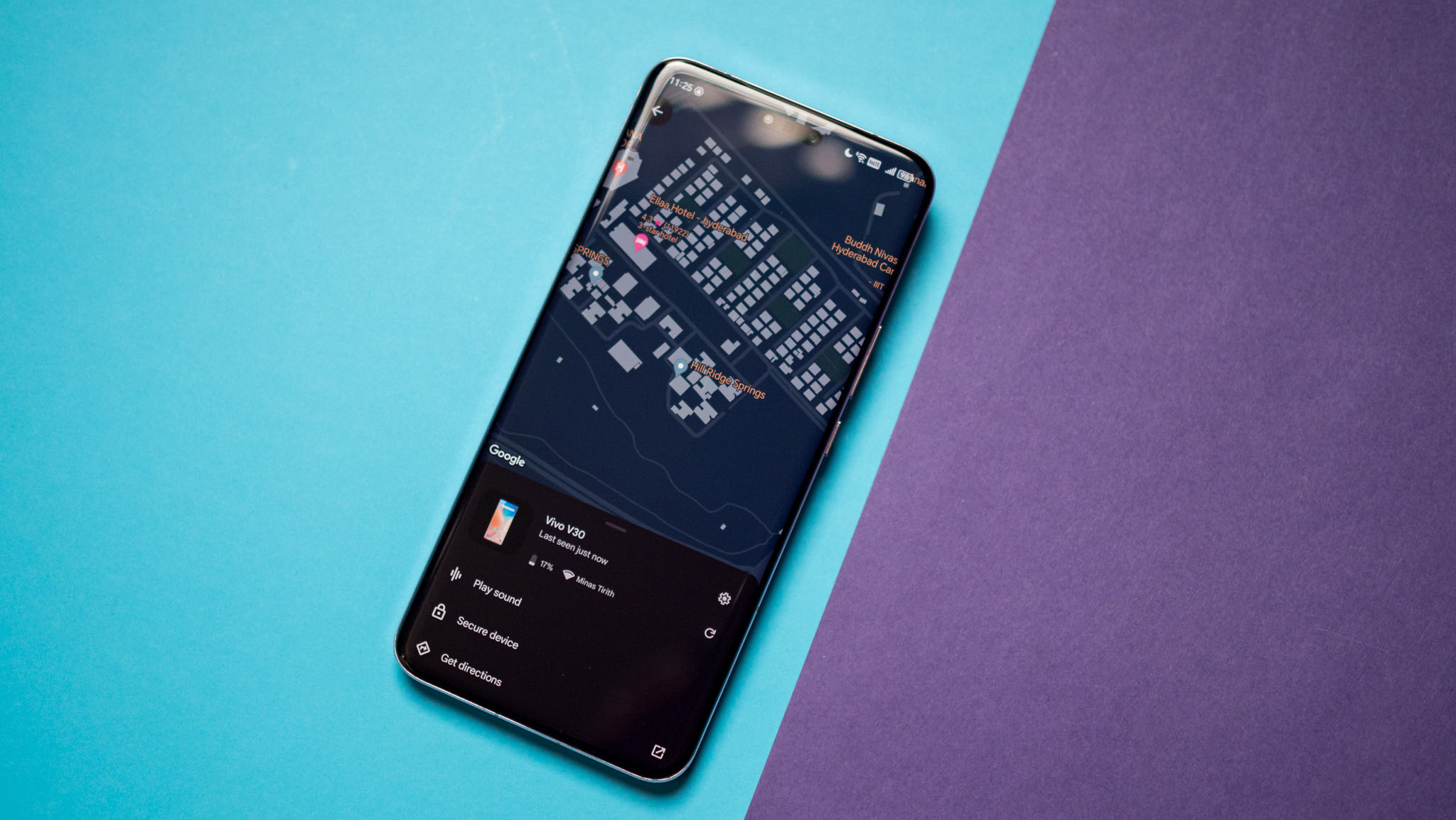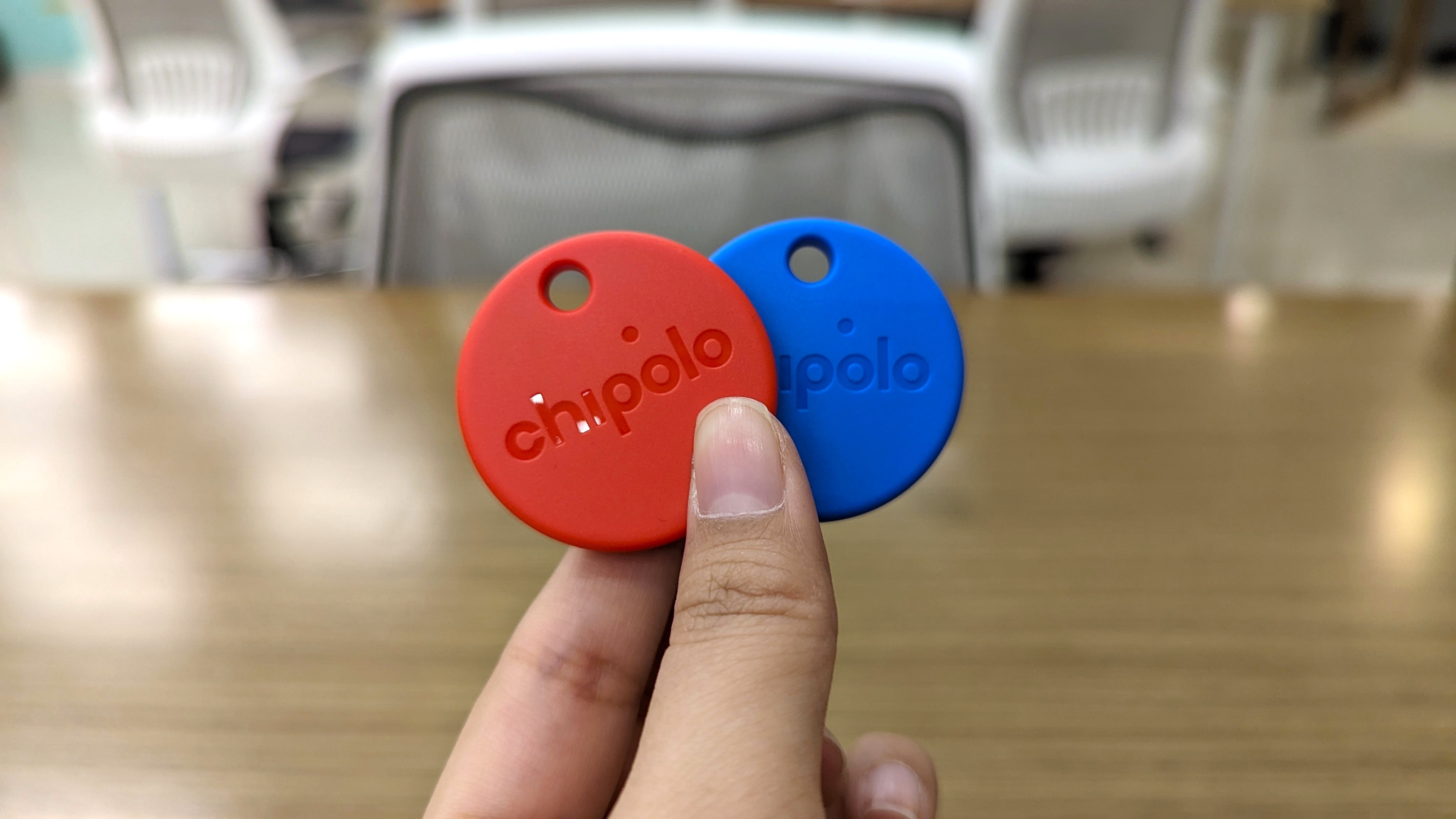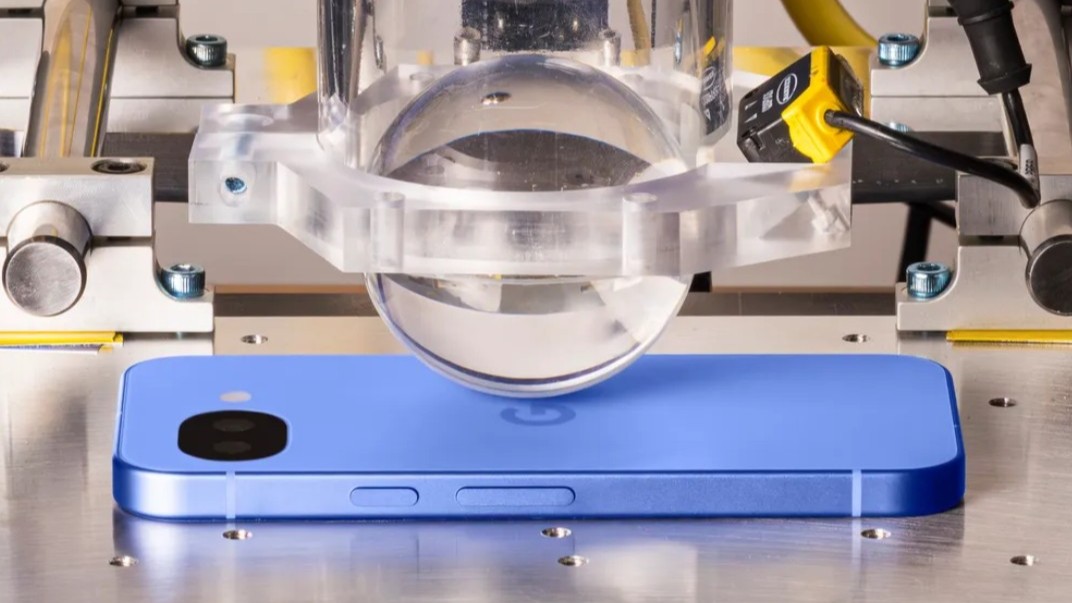Google and Apple's cross-platform unwanted tracking notifications are finally rolling out on iOS and Android
The two companies have a new industry standard for detecting unknown Bluetooth trackers.

Get the latest news from Android Central, your trusted companion in the world of Android
You are now subscribed
Your newsletter sign-up was successful
What you need to know
- Apple and Google have partnered to create a new industry spec, called Detecting Unwanted Location Trackers, which will deliver unknown tracking notifications to both iOS and Android users.
- The move comes as the Find My Device continues to roll out for Android users and more Bluetooth item trackers come into the fold.
- Previously, Android users could download an app to scan for unknown Apple AirTags that may be tracking them. Now, there's true cross-platform support.
The prevalence and accuracy of cheap Bluetooth item trackers were intended to make them an easy way to keep track of your belongings. However, they've been used for countless nefarious purposes, and personal safety is now a major concern. That's why Apple and Google have partnered to deliver an industry-wide specification for detecting unwanted item trackers, and it's called "Detecting Unwanted Location Trackers." Now, iOS and Android users will all receive unknown tracker alerts when conditions are met, regardless of which Bluetooth tracker or platform is used.
Google and Apple first started work on this project more than a year ago, when the companies announced in May 2024 plans to build an industry standard for unwanted item tracking.
If either iOS or Android detects that a Bluetooth tracker is moving with a user, they will provide an "[Item] Found Moving With You" notification. The alerts will work with AirTags, Find My-compatible devices, and some Bluetooth trackers compatible with Google's Find My Device network. Specifically, the brands Chipolo, Eufy, Jio, Motorola, and Pebblebee have all committed to supporting the Detecting Unwanted Location Trackers standard for future products.
When the notification appears, there will be a few steps that users can take. First, users can ignore the notification if they know about the tracker — like if they're traveling with a friend and iOS or Android detects their keys. Or, they can see the device's identifier, play a sound to help find it and take steps to disable it with instructions.
These steps will vary based on the type of tracker. For example, AirTags can be disabled in seconds by sliding the back cover off and letting the coin-cell battery pop out.

This is an open standard managed by the Internet Engineering Task Force , and specifically the Detecting Unwanted Location Trackers working group. That means while Apple and Google are participants, the group works with widespread community and industry insight. Additionally, since it's cross-platform, more brands and OEMs can support this standard in the future.
Apple added support for the standard on Monday with the iOS 17.5 update, and Google made the tools automatically available on devices running Android 6.0 or higher. The rollout comes as users outside the U.S. and Canada have started to see Find My Device appear on their Android devices, signifying the global deployment of this crowdsourcing network is underway.
Get the latest news from Android Central, your trusted companion in the world of Android

Brady is a tech journalist for Android Central, with a focus on news, phones, tablets, audio, wearables, and software. He has spent the last three years reporting and commenting on all things related to consumer technology for various publications. Brady graduated from St. John's University with a bachelor's degree in journalism. His work has been published in XDA, Android Police, Tech Advisor, iMore, Screen Rant, and Android Headlines. When he isn't experimenting with the latest tech, you can find Brady running or watching Big East basketball.
You must confirm your public display name before commenting
Please logout and then login again, you will then be prompted to enter your display name.
